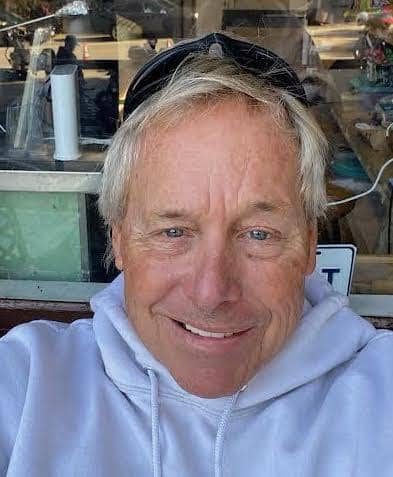From the Left
By Lance Simmens
Let me begin by stating right up front that I am not a medical doctor, nor do I play one on TV. However, I do know my way around the public policy stage. During the late 1990s, I served as director of intergovernmental affairs in the US Department of Health and Human Services, the parent agency of the CDC, the Office of Public Health, and the surgeon general, so I am familiar with the territory.
I also had the unfortunate distinction of being blacklisted by Huffington Post after an eight-year run, which included nearly 200 published articles. I presented a piece in April 2016 raising questions about the relationship between vaccinations and rising rates in autism after attending the premier of the documentary “Vaxxed” (laprogressive.com/political-issues/children-should-hate-us). I am not an anti-vaxer, but I am sensitive to political manipulation and government corruption, which brings me to the issue at hand.
AB2098 will become state law in January and is designed to make spreading misinformation related to COVID-19 in California grounds for physicians to lose their medical licenses. Public policy is a complex endeavor and usually well-intentioned. The tricky part, however, is in its execution. The COVID pandemic has presented policymakers in two presidential administrations with difficult and constantly changing sets of data upon which to effectively administer remedies to protect the public. Striking the balance between effectiveness and overreach often results in constant adjustments, such as the rocky road that mask-wearing has traversed.
The last thing in the world we need right now is to resist applying remedies to our approach to combatting virulent and constantly changing sets of variants. We continue to monitor and learn from the various forms the pandemic takes, so change is inevitable and warranted. However, we must be sure that we do not infect decisions where life and death and the public health of the nation are potentially at risk with political posturing rather than scientific facts. This is particularly true in a political environment that lends itself to hyper-partisanship and a deteriorating lack of confidence within the electorate.
One of the most frustrating developments over the past half-century or so is the steady decline in confidence in government institutions and elected leadership. Partisan dogfights have significantly reduced the public’s faith in an infrastructure that seriously has its best interests at heart. This decline is punctuated by partisan bickering and an infusion of political maladroitness with respect to public policy that leaves a confused electorate without direction. Make no mistake about it, COVID has presented policymakers with painstakingly difficult decisions that have serious consequences if not handled correctly.
While any deliberate effort to present misinformation and/or disinformation with respect to a public health emergency is a serious infraction that deserves accountability and responsibility, the preponderance of social media platforms to disseminate seemingly inaccurate information complicates the issue. There is a weighty premium placed upon getting it right, even if it involves revisiting past actions that have either proven ineffective or dated.
Public policymaking is an intricate web of decisions that attempts to minimize the cons and maximize the pros of proposed remedies. As we can see from the current dilemma, it can change radically and what is true early on may not be either true in time. Political interference (i.e., the original Trump utterances about Clorox, ivermectin, and hydroxychloroquine) only demeaned the professional medical advice that was competing with the demand to address a life-and-death situation.
Early directives about the use of masks has been contradicted with additional study. The fact of the matter, quite simply, is that we are effectively dealing with a moving target and we must accept the fact that as information and data becomes available, we must be prepared to adjust to the facts as they evolve.
As in all controversial and contentious issues, it is not always possible to identify the perfect solution. AB2098 defines misinformation as “false information that is contradicted by contemporary scientific consensus contrary to the standard of care.” Whether this is the appropriate or even the most feasible calculus will be revealed in time. In the meantime, we must be prepared to adapt to the changes that scientific study offers.
Five doctors and the ACLU have filed a lawsuit challenging the constitutionality of the legislation taking the position that it is inconsistent with the First Amendment right to free speech. The importance of satisfying our desire to arrest the continuing evolution of the virus is to project a seriousness of purpose which supersedes a political calculus. Thus, the only thing that is certain is uncertainty, and politics must give way to science. That is the challenge facing us as we move forward. We do not have the luxury of allowing perfect to be the enemy of the good.

